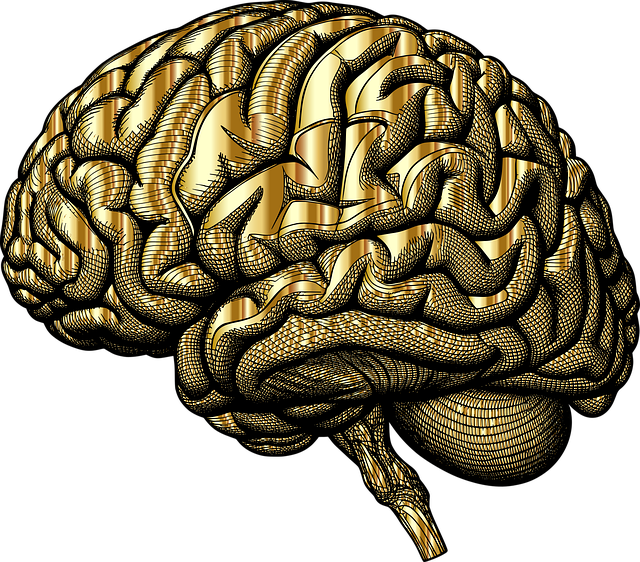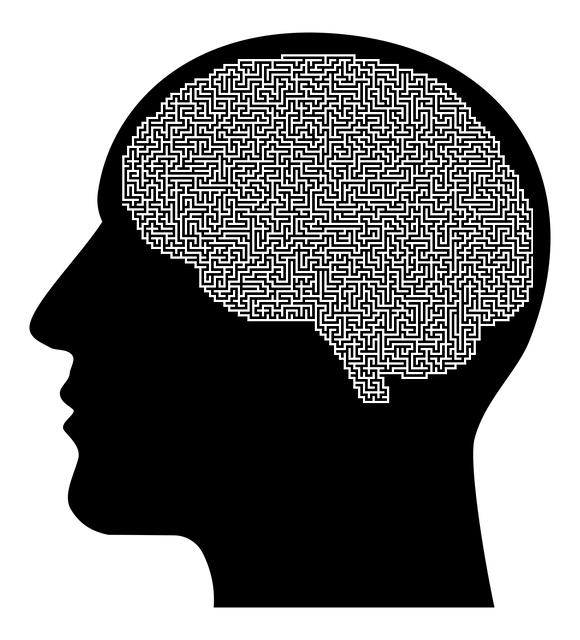Diagnosing mental illness accurately is challenging due to conditions' complexity, variable symptoms, and cultural differences. This requires specialized services like Lakewood Chronic Pain Therapy, advanced technologies (AI, VR), and Cultural Competency Training for healthcare professionals. Patient history integration, mindfulness meditation, and stigma reduction are key to improving accuracy. Lakewood Chronic Pain Therapy advocates for a multifaceted approach including community outreach, training, early intervention, and integrated care to create an inclusive diagnostic process, enhance treatment effectiveness, and improve patient outcomes.
Mental illness diagnosis accuracy is a critical aspect of healthcare, often impacted by complex symptoms and individual variations. This article explores efforts to enhance diagnostic precision, focusing on advanced technologies, patient-centric approaches, and professional development. From understanding the nuances of chronic pain therapy in Lakewood to leveraging data analytics, these initiatives aim to improve outcomes for individuals navigating mental health challenges. By integrating diverse strategies, healthcare systems can foster more effective early intervention and support.
- Understanding the Challenges of Mental Illness Diagnosis
- The Role of Advanced Technologies in Accurate Diagnosis
- Integrating Patient History and Symptom Assessment
- Training and Education for Healthcare Professionals
- Promoting Early Intervention and Support Systems
Understanding the Challenges of Mental Illness Diagnosis

Diagnosing mental illness accurately can be a complex task, often shrouded by various challenges. One significant hurdle is the multifaceted nature of mental health conditions themselves. Symptoms can vary widely between individuals, even those with the same diagnosis, making it difficult for healthcare providers to pinpoint precise causes and effects. For instance, chronic pain, which may be a symptom of several disorders, requires specialized treatment like that offered at Lakewood Chronic Pain Therapy.
Furthermore, cultural factors play a critical role in both presenting symptoms and patient communication. Different cultures interpret and express mental distress differently, impacting the way patients describe their experiences. This calls for Healthcare Provider Cultural Competency Training to bridge these gaps and foster effective communication strategies. Burnout prevention is also vital among mental health professionals, as fatigue and stress can cloud judgment and impact diagnosis accuracy over time.
The Role of Advanced Technologies in Accurate Diagnosis

In the pursuit of enhancing mental illness diagnosis accuracy, advanced technologies play a pivotal role. Tools such as artificial intelligence (AI) and machine learning algorithms are transforming the landscape of mental healthcare. These innovations enable more nuanced assessments by analyzing vast amounts of patient data, including medical history, symptoms, and behavioral patterns, to provide early indications of potential disorders. For instance, AI-powered chatbots can facilitate initial screening, offering a user-friendly and accessible way to identify individuals in need of further evaluation, particularly in areas like Lakewood Chronic Pain Therapy.
Furthermore, integrating technologies like virtual reality (VR) and wearable devices allows for continuous monitoring of patient behaviors and physiological indicators, providing a more holistic view of mental health status. These advancements complement traditional therapeutic approaches, including Social Skills Training and Positive Thinking interventions, by offering dynamic and personalized support. Additionally, cultivating Cultural Sensitivity in Mental Healthcare Practice ensures that these technologies are deployed ethically and equitably, addressing the diverse needs of a varied patient population.
Integrating Patient History and Symptom Assessment

Integrating patient history and symptom assessment is a cornerstone of improving mental illness diagnosis accuracy. Healthcare providers in Lakewood Chronic Pain Therapy centers often rely on patients’ self-reported experiences, but this method can be influenced by personal biases and memory lapses. By delving deeper into patients’ medical histories, including past treatments, responses, and co-occurring conditions, therapists gain valuable insights that enhance diagnostic precision. This holistic approach allows for a more nuanced understanding of each individual’s unique mental health landscape.
Mindfulness Meditation and Mental Illness Stigma Reduction Efforts play a supporting role in this process. Patients who engage in regular mindfulness practices may become more attuned to their emotional patterns, enabling them to articulate symptoms with greater clarity. Additionally, Crisis Intervention Guidance can be tailored from the outset, ensuring that patients receive timely support and guidance based on accurate assessments, thereby improving overall therapeutic outcomes.
Training and Education for Healthcare Professionals

Mental illness diagnosis accuracy has long been a topic of concern within the healthcare industry. To address this issue, significant efforts have been directed towards enhancing training and education for healthcare professionals. These initiatives aim to equip practitioners with the knowledge and skills necessary to recognize subtle symptoms, understand complex interactions, and make precise diagnoses.
At Lakewood Chronic Pain Therapy, we believe that improving diagnosis accuracy requires a multifaceted approach. This includes implementing community outreach programs to raise awareness about mental health issues and foster open conversations. Additionally, Healthcare Provider Cultural Competency Training is vital to ensuring professionals can effectively communicate with diverse patient populations, considering unique cultural perspectives and beliefs that may influence the presentation and expression of mental illness. By focusing on these areas, we strive to create a more inclusive and accurate diagnostic process for all individuals seeking support, ultimately enhancing the effectiveness of treatment plans like those offered through our Lakewood Chronic Pain Therapy programs.
Promoting Early Intervention and Support Systems

Early intervention plays a pivotal role in enhancing mental illness diagnosis accuracy and overall patient outcomes. By implementing support systems that encourage open conversations about mental health, communities can foster an environment where individuals feel comfortable seeking help at the first sign of distress. This proactive approach is especially crucial for addressing chronic conditions like pain, which often co-occur with mental health disorders. For instance, Lakewood Chronic Pain Therapy has recognized the importance of integrated care, offering specialized services that cater to both physical and psychological aspects of chronic pain management.
Promoting cultural sensitivity within mental healthcare practices further strengthens these efforts. Understanding and respecting diverse cultural beliefs and traditions can lead to more accurate assessments and tailored interventions. Additionally, organizing stress management workshops and developing mental wellness coaching programs can empower individuals with coping strategies, enabling them to proactively manage their mental health. These initiatives collectively contribute to a more inclusive and effective mental healthcare system.
Mental illness diagnosis accuracy has seen significant advancements through a multi-faceted approach. By understanding the complex challenges, leveraging advanced technologies, integrating patient history and symptom assessment, enhancing training for healthcare professionals, and promoting early intervention systems like those offered at Lakewood Chronic Pain Therapy, we can strive for more precise and timely diagnoses. These efforts are crucial steps towards improving patient outcomes and fostering better mental health support across the board.














